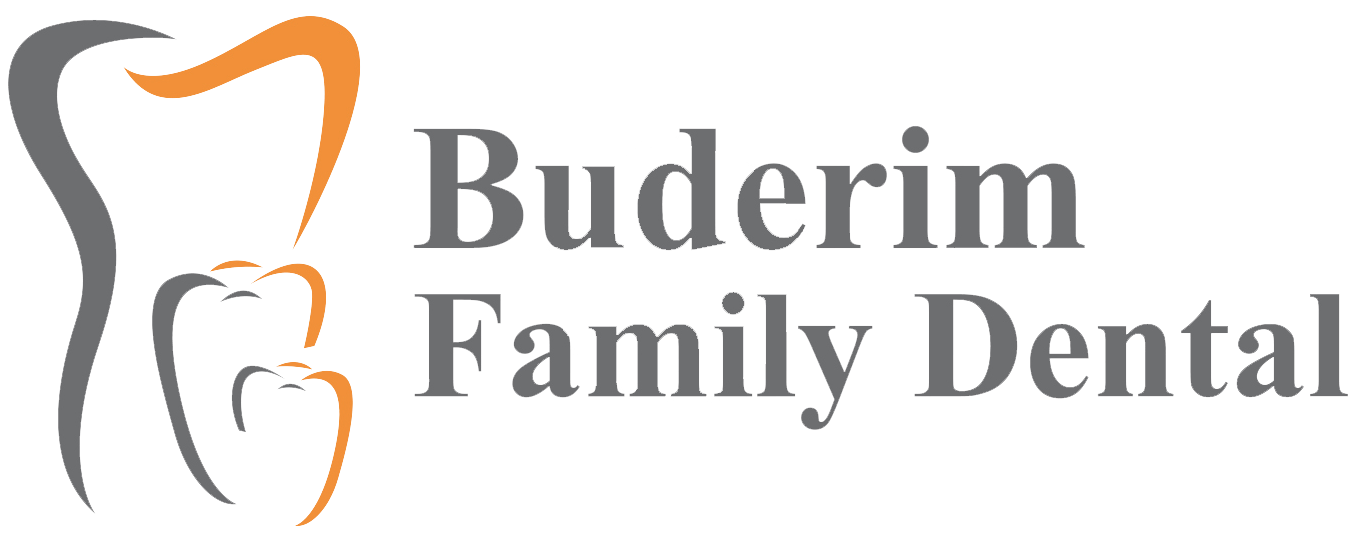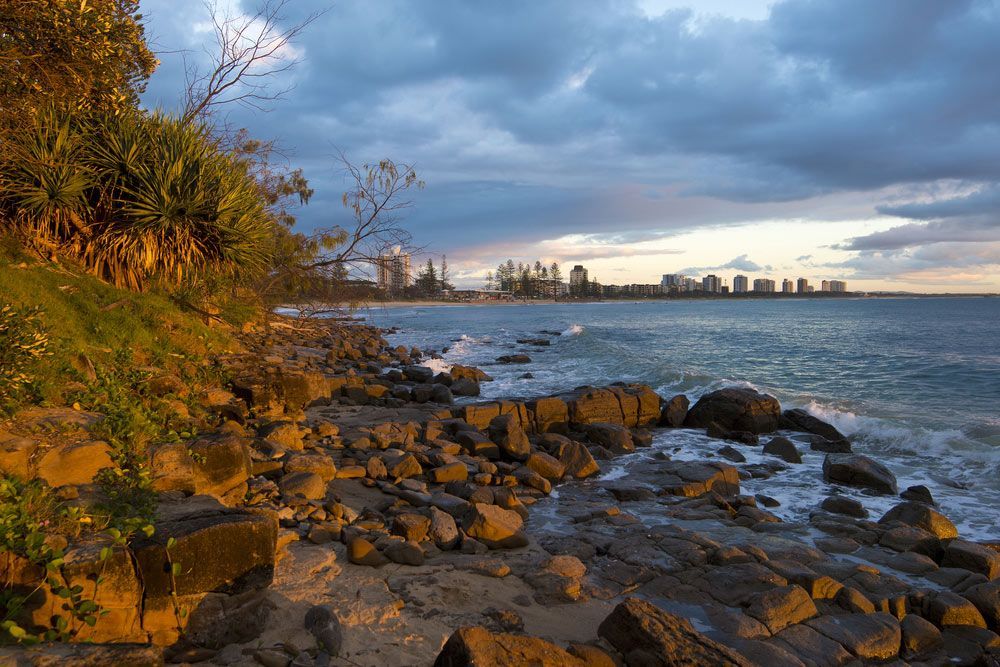Wisdom Teeth Removal in Buderim
Wisdom Tooth Assessment & Imaging
At Buderim Family Dental, we approach wisdom teeth removal with a focus on thorough evaluation and precision. Wisdom teeth are the last set of teeth to develop and can cause problems when they are misaligned or impacted.
Our dental team will provide a comprehensive examination to assess the condition of your wisdom teeth. Using X-ray technology, we'll gain an understanding of your wisdom teeth's positioning within the jaw and the proximity to nerves and other structures. This imaging gives us the best strategy for extraction, allowing our team to plan the most effective and least invasive approach. By understanding the unique challenges posed by your wisdom teeth, we can tailor the removal process to meet your specific needs while aiming for the best possible outcome.
To book a consultation for wisdom teeth extraction at our clinic, call us on (07) 5356 9599. We welcome patients from Buderim, Mooloolaba, Maroochydore, Alexandra Headland and surrounding areas.
Minimally Invasive Extraction & Post Operative Care
At Buderim Family Dental, wisdom tooth extraction is carried out with the utmost care to ensure patient comfort and promote fast healing. The procedure involves local anaesthesia, rendering it pain free and reducing anxiety for the patient. Our commitment to modern, minimally invasive surgical techniques reduces the risk of complications and shortens recovery time. Following the extraction, our team provides post operative care instructions to encourage a smooth and swift recovery process.
There are way wisdom teeth can be managed without removing them including practicing good dental hygiene, booking regular dentist appointments, eating a balanced diet and through over the counter pain relievers and desensitising products. Managing issues with your wisdom teeth can help prevent future dental issues including damage to adjacent teeth and contribute to improved oral health by making hygiene easier and reducing the risk of infection and gum disease.
Locations We Service
Check-up & Clean special $159

















